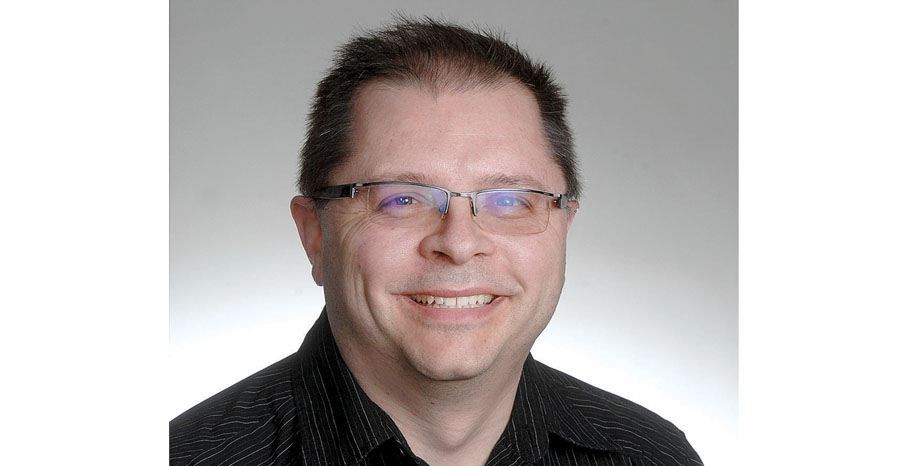The first of the Syrian refugees coming to Canada have already arrived and five members of that group are expected to be in Prince George before the end of next week.
And here is where their troubles begin.
Compared to the relative squalor and ongoing uncertainty of the refugee camps, not to mention the dire conditions that led them to flee their homes in the first place, the safety and the prosperity they will enjoy in Canada and in Prince George will be out of this world.
Therein lies the problem.
Out of this world is a difficult enough challenge at the best of times but, on top of the stress they have already endured, their weeks and months ahead in Prince George will not be easy.
The Immigrant and Multicultural Service Society (IMSS) in Prince George, working with local sponsors of the refugees, will help that transition into local life, but there is so much to learn and understand, all while coping with the reality that their old life has been taken away and replaced.
Factor in the reality that not everyone will be so welcoming and so tolerant, that they will be exposed to bigotry and ignorance on local streets, in local stores.
Past and present IMSS clients have spoken candidly at public events about these challenges. These individuals are not ungrateful, nor are they lazy, overly sensitive or petty.
On the contrary, they are proud of themselves and the lives they've built for themselves in their adopted country and community. They are also honest about the racism and abuse, both blatant and subtle, directed their way. They have overcome this mistreatment but it hurt, it still hurts and they have not forgotten.
Even without the negativity from ignorant and mean-spirited residents, the refugees are out of their world and into ours.
Start with the weather. For many, this will be their first introduction to snow and to outdoor temperatures that can freeze rivers and lakes. They will feel -30 C and a foot of snow as deeply in their bones as any Canadian would melt under the oppressive desert heat of more than 40 C for days on end in July and August. Most local residents complain when it reaches 25 C.
In the refugee camps, the conditions were basic at best, but they were shared among hundreds of thousands of their fellow citizens. To come to Canada in general and to Prince George in particular means drastically improved living standards, but very few fellow residents who know and understand their culture, never mind their language.
English is a difficult language to learn because it is a crude combination of numerous other languages with so many exceptions to its few grammatical rules that it makes these rules almost meaningless. The only thing that helps with learning English is how ubiquitous it is, not just in Canada but everywhere in the world. The average Syrian likely hears more English in a month through music, TV and music than a Canadian will hear Arabic in a lifetime.
Middle Eastern and Arabic customs around gender relations, respect to elders, cursing, privacy and touching are notably different from North American customs.
Making these kinds of culturally-sensitive adaptations does not happen quickly or gracefully. Old habits die hard, particularly for strangers in a strange land, and those habits change more easily for the young.
It is naive to think that caring and love transcend words, that it's enough to just open our homes and communities to refugees. On the personal level, what may seem like a sincere expression of kindness to a Canadian may come across as offensive or even threatening to someone from elsewhere. Hugs, smiles, eye contact, even the serving and receiving of food, are all minefields of misunderstanding.
The individuals and groups taking in the refugees and helping them settle in Prince George should be thanked for their generosity and their willingness to accept this responsibility. They reflect the best Canada has to offer and they will be excellent ambassadors in helping the refugees adapt to life in their new home. Even their very best efforts, however, will only soften the hard days ahead for refugees as they leave their past lives behind to adjust to the Canadian way of life.
-- Managing editor Neil Godbout



